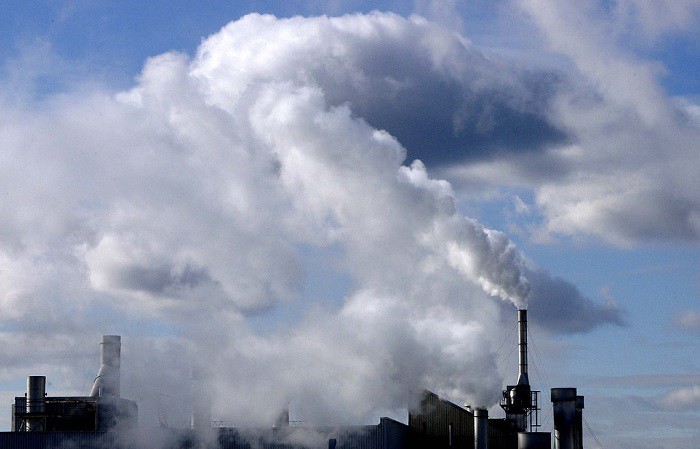Air pollution is now the most serious environmental risk to human health. Long-term air pollution exposure can have serious negative health consequences, including early death from respiratory and cardiovascular disorders. The World Health Organization estimates that outdoor air pollution causes nearly 4 million deaths annually. Many of these take place in Asia, where population growth and rapid fossil-fueled expansion have both contributed to deteriorating air quality. The State of Global Air 2020 report states that in the previous ten years, PM2.5 -related mortality in Malaysia climbed by over 30%. According to estimates, air pollution in the country caused up to 10,600 deaths in 2019 (Vos et al., 2020). Emissions from an increasing variety of sources, including industrial manufacturing, electricity generation, transportation, and open burning activities, contribute to air pollution in Malaysia.
The effects of air pollution on the economy are numerous. The economic cost of the health effects of the reported outdoor air pollution in Malaysia in 2019 is MYR 303 billion (US$ 73 billion), or 20% of the nation's GDP ( Centre for Research on Energy and Clean Air, 2022). This value is the consequence of healthcare and medical expenses related to the rising prevalence of illnesses or disabilities linked to air pollution, unplanned absences from work that have an impact on each person's capacity to earn a living and lost of economic output due to early death. In addition, air pollution harms cultural and historical sites, impairs ecosystems' capacity to carry out necessary societal activities, and adds to the expense of repair or restoration.
As a result, it suggests that tackling air pollution urgently requires a massive effort. The Malaysian Ministry of Environment and Water must therefore prioritize public health and ecosystem health in regulating the air quality framework, and should also take into account the economic impact of having insufficient air quality requirements. Emission reduction is a reasonable long-term investment that supports a number of socioeconomic goals and will have a beneficial impact. National programmes focused on reducing pollutant emissions, for example, have been extremely successful in reducing air pollution levels and have been proven to improve health outcomes in a cost-effective manner. However, because improving air quality takes time, short-term initiatives are essential in strengthening efforts to reduce air pollution.










